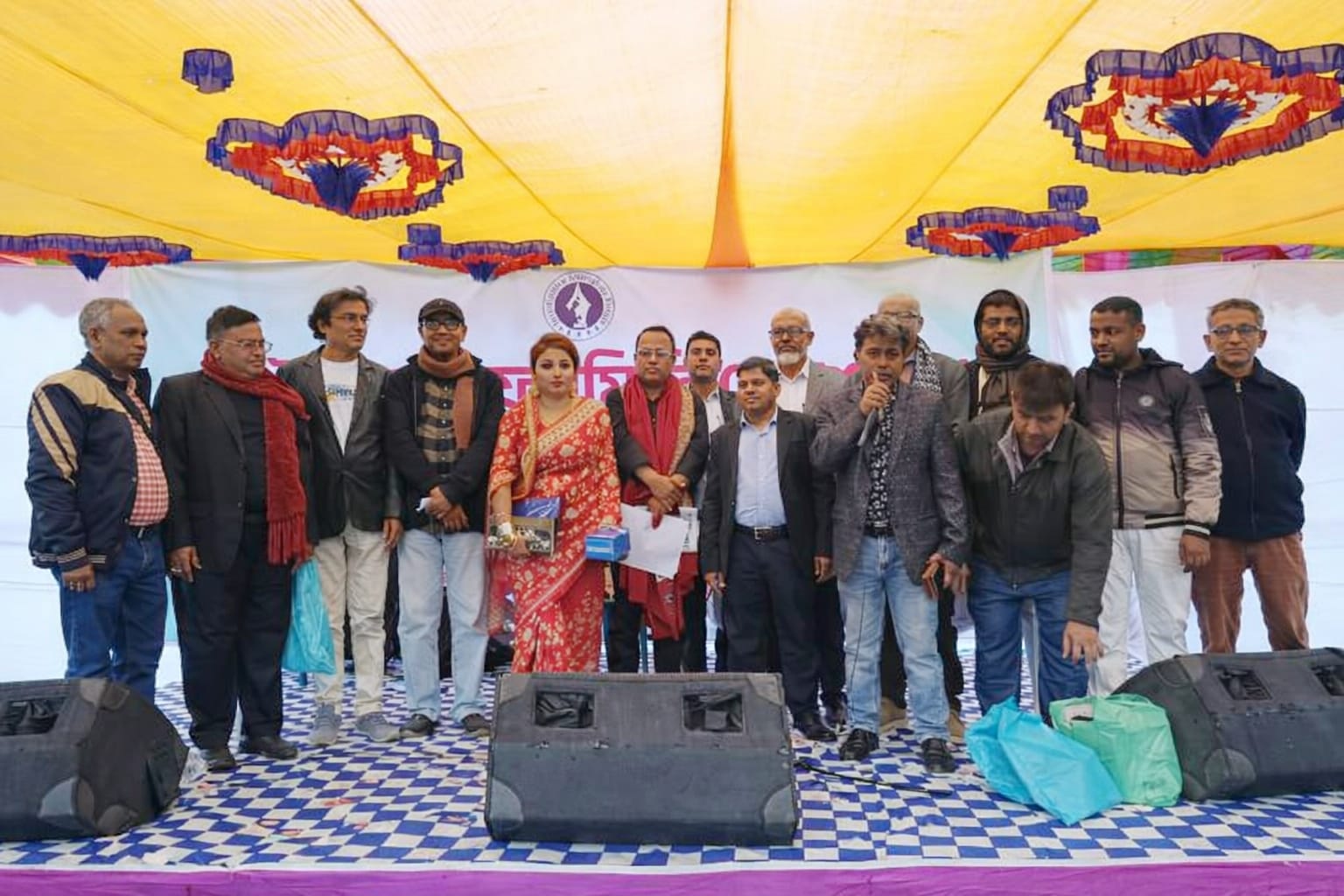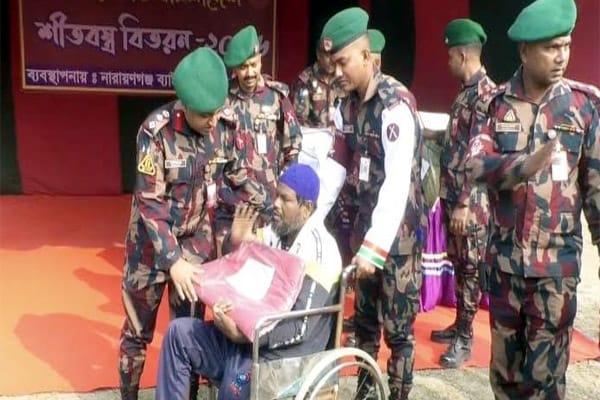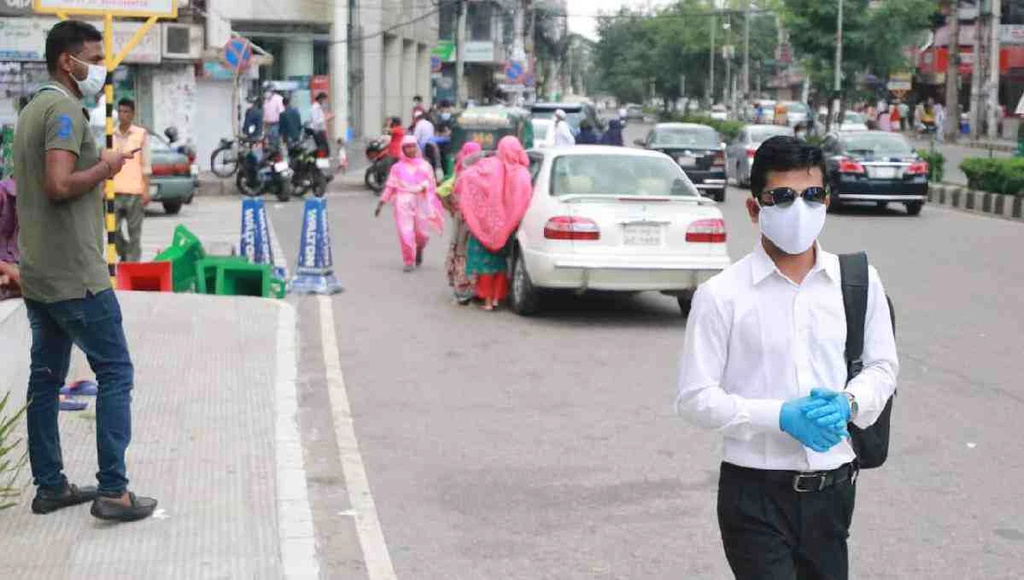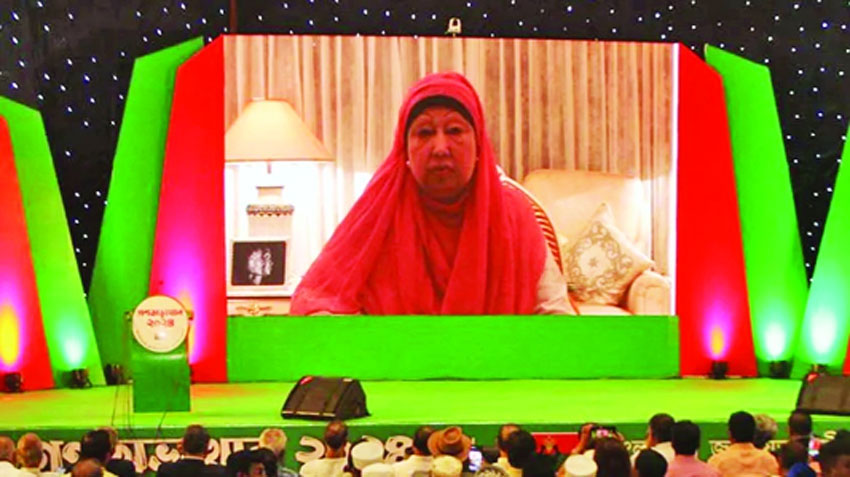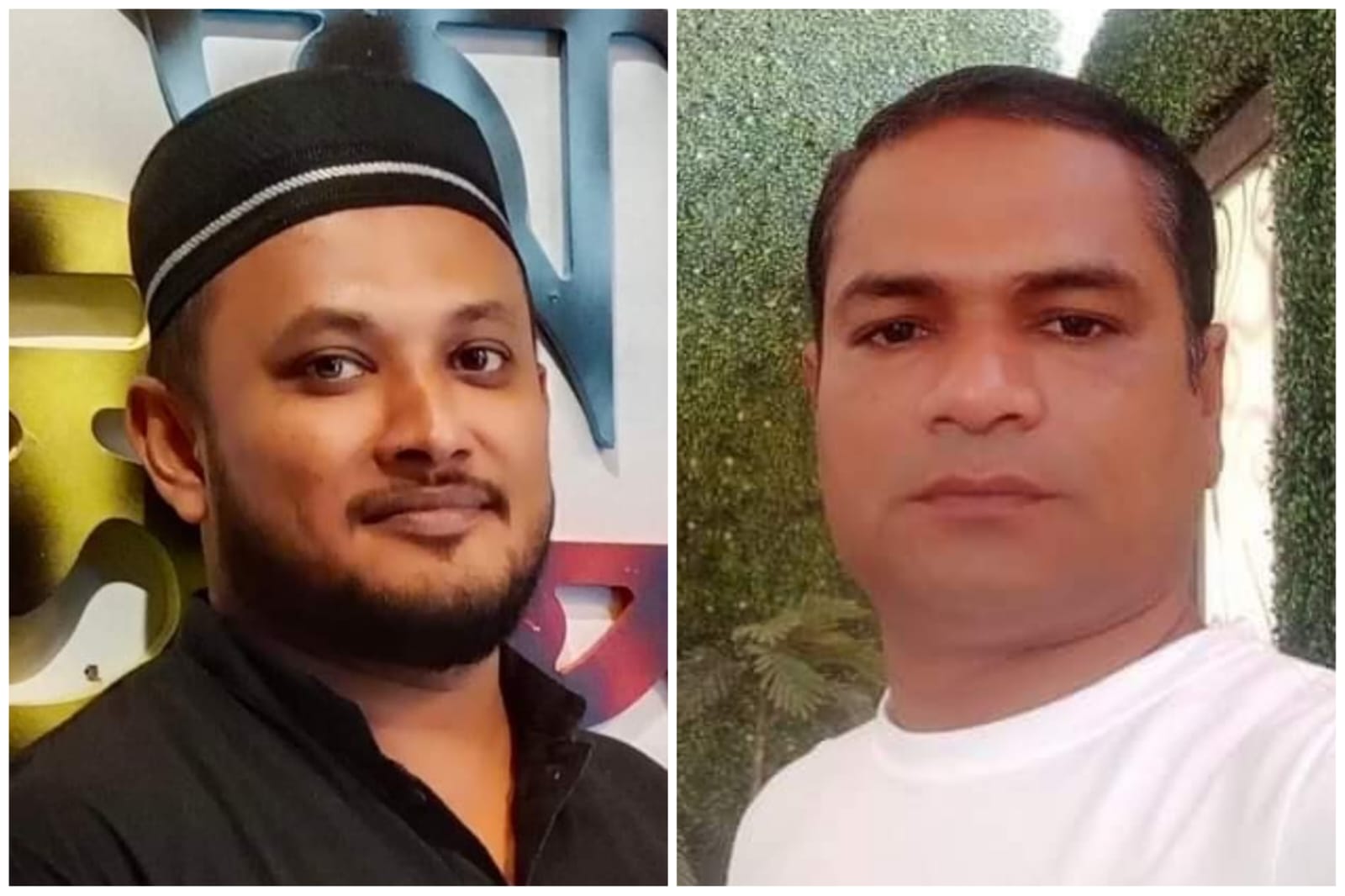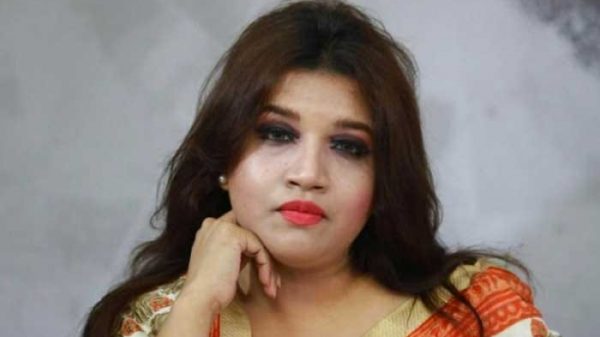- 2022-04-26 00:06:28
- LAST MODIFIED: 2026-03-02 19:37:35
Bangladesh victim of US policy contradiction
Sukharanjan Dasgupta
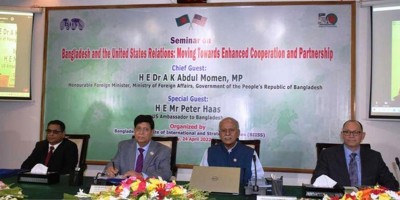
US Ambassador Peter Haas is both right and wrong when he says bilateral relations will not be affected by the State Department’s human rights report which strongly critiques Bangladesh’s track record.
He is right because the US cannot afford to ignore Bangladesh’s rising economic and military power in the Indo-Pacific region for strategic reasons, which is why Washington expects Dhaka to sign a slew of foundational agreements to strengthen military-to-military relations between the two countries.
But Haas is wrong because US sanctions against 7 top Bangladesh security officials and very adverse mentions about Bangladesh in the State Department’s latest human rights report have created unacceptable irritants in bilateral relations which Washington needs to take into account.
It is calling someone all kinds of names and then extending the hand of friendship with the air of high handedness that leaves the smaller nation with the clear feeling of arm-twisting to fall in line. A proud nation like Bangladesh led by a proud leader like Sheikh Hasina cannot be expected to like this predicament.
A Chicago Tribune article recently attributed Bangladesh’s phenomenal success in economic growth and human development to its stable democracy and women’s power. “Having a stable democracy, as well as strong women in the leadership positions, has helped Bangladesh,” said the column titled “Bangladesh Has Proved Kissinger Wrong”.
“The single biggest reason for Bangladesh pulling ahead of India and Pakistan in per capita income and growth rate can be directly attributed to its investment in women’s education and a high percentage of women’s participation in the labour force,” said columnist Faisal Rahman, a professor and founding dean of The Graham School of Management at Saint Xavier University in Chicago.
The US Human Rights Report is precisely contesting the fact that Bangladesh is a stable democracy by raking up serious violations of human rights in the country. Peter Haas has reportedly told an adviser of Hasina during a recent meeting that the human rights report is based on “interactions with people”.
But the reality is the report attributes most claims of human rights violations to very dubious sources like Odhikar, headed by a former BNP-appointed deputy attorney general Adilur Rahman Shuvro, and David Bergman’s Netranews, which is funded by America’s National Endowment for Democracy (NED).
The question is: are Odhikar and Netranews integral part of the opposition led by radical Islamist elements? Shuvro has been the strongest supporter of the radical Hifazat-e-Islam and his claims of hundreds of Hifazat activists killed in a 2013 mayhem has been rubbished as totally bogus by Bangladesh’s mainstream media outlets.
There is no denying Hasina’s government has resorted to tough policing to control radical elements like the Hifazat after failing to tame them through political engagement. Did she have an option? The answer is no.
If she was not tough with the likes of Hifazat and JMB , HuJI and Ansarullah Bangla Team, they would have ended up making Bangladesh a second Afghanistan. Religious radicals everywhere, including in my country India, are absolutist and leave no space for accommodation and plurality which constitutes the very edifice of a stable democracy.
Hasina has a point when she laments the absence of a proper opposition. Bangladesh’s two leading opposition parties were founded by military dictators who lacked popular support and leaned heavily on pro-Pakistani Jamaat-e-Islami to counteract the Awami League and other pro-liberation forces. These parties are the legislative face of the radical Islamist ecosystem that doesn’t share the founding values of Bangladesh’s secular republic.
The US contradiction of posture becomes so apparent when they simultaneously applaud Bangladesh’s fight against terrorism and pull up those involved in it for human rights violations.
In private, even top FBI officials have lauded Bangladesh police and security forces for their tough tackling of the jihadi menace, especially after the 2016 Holey Artisan terror strike.
In public, the same officials who led the fightback against rising Islamist radicalism are slapped with US sanctions.
I cannot agree more with the Chicago Tribune columnist Faisal Rahman when he says: “United States had supported the military dictators who had jailed elected representatives and started a war of terror to intimidate the population into silence and submission.
This is a perfect case of the contradiction between what the US publicly stands for and its government behaving exactly in the opposite manner.”
This sums it up all. The US is used to double standards and expects others to overlook them. But self-respecting nations cannot do that. I have huge issues with the BJP in India but I strongly support Delhi’s neutrality on the Ukraine issue. And so I loved our foreign minister S Jaishankar calling his counterpart Antony Blinken’s bluff in strong sarcasm. Reacting to US criticism of the human rights situation in India, Jaishankar was candid in saying, “We also have issues with human rights in the US.”
For the US, human rights was a weapon to arm-twist India to fall in line and join the West’s anti-Putin bandwagon. Jaishankar called it out for what it was worth. All self-respecting nations, Bangladesh included, should do the same.
Those who perfected waterboarding and other unique torture forms at Guantanamo and other secret facilities to torment jihadis into confessing secrets — and rewarded those responsible with highest positions like CIA chief — should not lecture anyone on human rights.
Bangladesh should enforce strong accountability in its security forces and send checks for inevitable tendencies of corruption or criminalisation but it has no reason to worry too much over the US human rights report.
Washington will have to deal with Dhaka for whatever it is worth. If it is serious about its war on terror, it needs to project Bangladesh and not its long ally but failed state Pakistan, as a model.
Sukharanjan Dasguptais a Kolkata-based commentator, BBC stringer and author of ‘Midnight Massacre’ on the 15 August 1975 coup.

